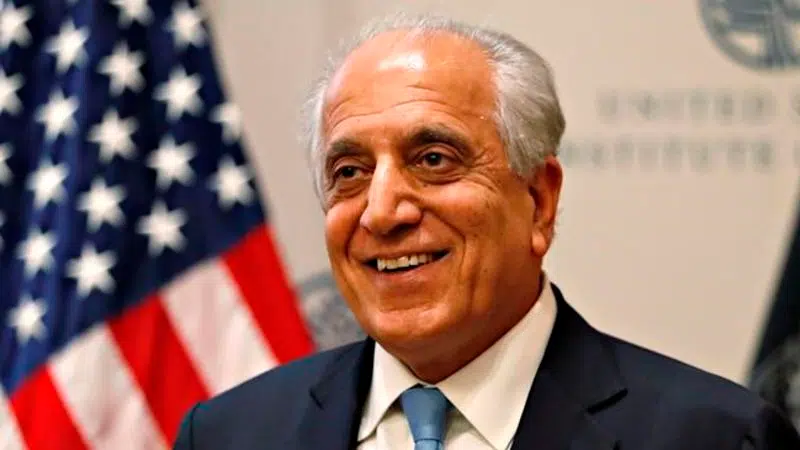
US envoy meets with Taliban co-founder ahead of new talks
DOHA, Qatar — U.S. envoy Zalmay Khalilzad met with one of the founders of the Taliban for the first time on Monday ahead of the latest round of talks with the insurgents aimed at ending the 17-year war in Afghanistan.
Mullah Abdul Ghani Baradar, a co-founder of the movement, was released last year from a Pakistani jail where he had been held since his arrest in a joint Pakistani-CIA operation in 2010. His release was seen as a first concession to the Taliban after Khalilzad’s appointment in September and the start of his talks with the insurgents.
Baradar arrived on Sunday in Doha, the capital of Qatar, from Pakistan. His presence in Doha, where the Taliban maintain a political office, and his lead role in the talks with Khalilzad is considered significant because of his stature within the Taliban, who control or hold sway over nearly half of Afghanistan.

